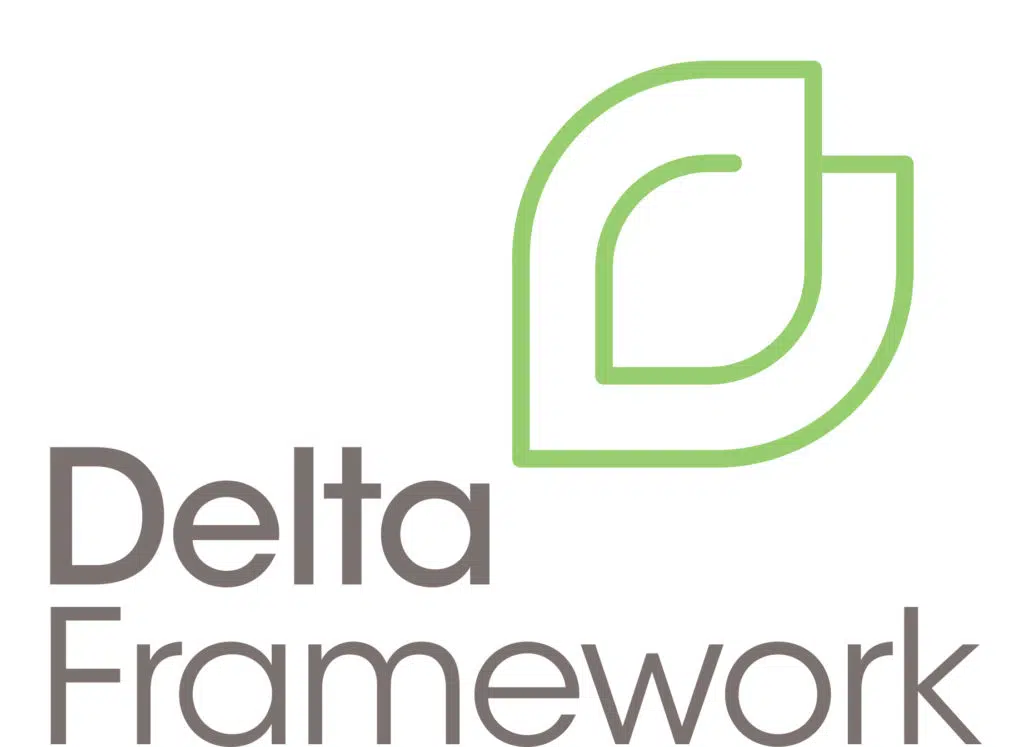
With our partners, we are pleased to launch the Delta Framework, a common set of environmental, social, and economic indicators to measure sustainability across the cotton and coffee commodity sectors.
The Delta Framework was developed in collaboration with Better Cotton’s cross-sector partners over the past 3 years, with the goal of producing a more harmonised way of measuring and reporting on the progress of farms participating in sustainable commodity certification schemes or other sustainable agriculture initiatives.
“Better Cotton is proud to have initiated and coordinated this cross-sector collaboration, which brings together expertise from across the agricultural sector. The Delta Framework is making it easier for the private sector, governments and farmers to report effectively on sustainability progress, leading to improvements in the quality of support and services provided to farmers, including better financing and government policies.”
Better Cotton CEO, Alan McClay
Together, the cross-sector programme agreed on key sustainability indicators and guidance materials that were extensively tested by the Project participants and other stakeholders. As a result, eight sustainable cotton standards, programmes and codes (members of the Cotton 2040 Working Group on Impact Metrics alignment) signed a Memorandum of Understanding in which they commit to align on Impacts Measurement and Reporting. Each member has committed to identifying an individual timeline for integrating relevant Delta indicators into their own monitoring, evaluation and reporting systems over time. The framework also provides an opportunity to develop cross-sector services to respond to farmers’ concerns and challenges, while making it easier to report progress.
The Delta Framework is an important reference and guidance for sustainability standards on key indicators that they can use to track and demonstrate their contribution to sustainability impacts. As attention for sustainability grows, it is becoming even more critical for all organizations working in sustainability to be able to communicate effectively about the difference they make, and the Delta Framework will be an important common reference for sustainability standards in this regard. Through this project we’ve recognized that an indicator framework isn’t a static thing. As the Delta Framework gets used, we are learning about further refinements and improvements that will keep it relevant in the future, and Delta Framework partners and ISEAL will continue to explore how to build on the Framework. It will be important for sustainability standards to see an interest in the data coming out of use of the Delta Framework by industry and other stakeholders. If there’s a clear demand for that information, that will provide an important incentive for sustainability standards to invest in the developments needed to fully integrate the Delta Framework in their performance measurement systems.
Kristin Komives, ISEAL
“The Delta Framework bridged the gap between the data collected by downstream supply chain actors and the information received by farmers. Beyond developing a framework for private and public supply chain actors to collect data and report on sustainability outcomes in an aligned manner, farmers in the pilots also received actionable recommendations and were able to improve their practices”
George Watene, Global Coffee Platform
“I found the recommendations from the project practical and useful. In fact, the recommended amount of fertilizers was lower than the amount we were using; with my family, we adopted more sustainable practices by reducing synthetic fertilizers and increasing organic ones. I know that adopting these practices will strengthen the health of soil on our plot”,
Coffee farmer who participated in the GCP pilot in Vietnam
“Through the work of the Delta Project, the major sustainable cotton standards have made significant progress towards adopting a common core set of indicators to report against. The implications of this are huge: once implemented, it enables these standards to tell a common narrative, backed up with evidence, about the positive impacts (as well as the reduction of negative impacts) that sustainable production creates. This will help to increase uptake by brands needing to make comprehensive and reliable sustainability claims to consumers and investors about the products they sell. Forum for the Future is proud to have partnered with the Delta Project in reaching this significant achievement.“
Charlene Collison, from Forum for the Future, Facilitator of the Cotton 2040 platform
The Delta Framework was made possible by a grant from the ISEAL Innovations Fund, which is supported by the Swiss State Secretariat for Economic Affairs SECO. The project collaborators include major sustainability standard organisations from the cotton and coffee sectors. The founding organisations are Better Cotton, the Global Coffee Platform (GCP), the International Cotton Advisory Committee (ICAC) and the International Coffee Association (ICO).
More information and resources about the Delta Framework are available on the website: https://www.deltaframework.org/







































